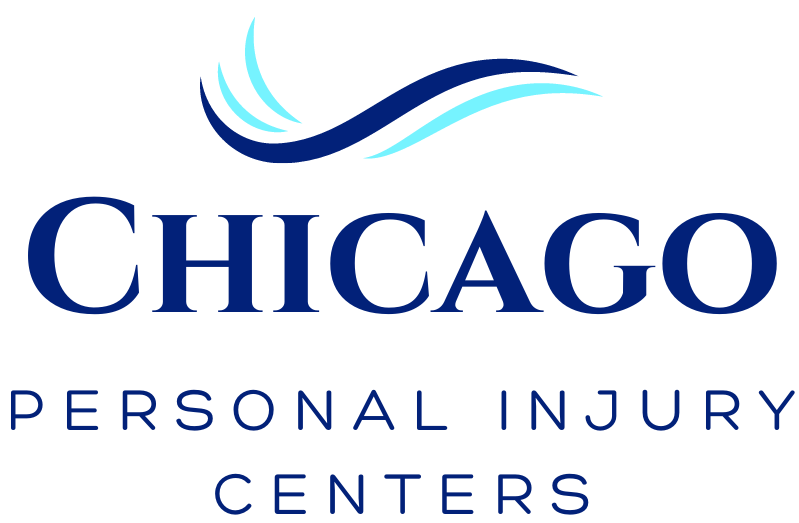Whiplash is an injury to the neck’s muscles, disks, nerves, and tendons. It is typically caused by a sudden and forceful forward movement of the head followed by a quick backward movement.
The sudden and vigorous movement forces the muscles, tendons, and ligaments beyond their normal range of motion, causing sprains around the neck. Whiplash is a common injury in car accidents and can occur at speeds as slow as 2.5 mph.
Signs You May Have a Car Accident-Related Whiplash
If you have suffered whiplash after a car accident, your body will give you clear signs that something is wrong. The signs will be particularly prevalent around your neck.
Signs such as:
- Difficulty Moving or Turning your Head – The hyperextension of the neck muscles, ligaments, and tendons causes strains and sprains. In extreme cases of whiplashes, the jolting may force disk fractures, herniate the discs, or cause misalignment, all of which affect your ability to move your head.
- Brain Fog, Headaches, Insomnia, Irritability, and Difficulty Concentrating – The occurrence of a concussion typically accompanies whiplashes, especially severe cases of whiplashes. As such, you might exhibit symptoms of concussion in the days after whiplash.
- Difficulty Swallowing – Hyperextension of the neck during whiplash can affect the tissue responsible for swallowing. It can also dislocate the jaw or affect its alignment, affecting your ability to chew and swallow food.
- Vertigo and Tinnitus – A particularly bad case of whiplash can affect your ears, causing vertigo (the feeling of spinning or moving while still) and tinnitus (a constant ringing sound in the ears). Vertigo and tinnitus symptoms indicate that the whiplash resulted in nerve, brain, and vein injuries. You need to visit a chiropractor immediately to mitigate the worsening of these symptoms.
Other signs and symptoms that indicate you might have suffered whiplash include pins and needles sensation around your neck and shoulder, blurred vision, muscle spasms, and/or weakness around the neck. Sometimes these symptoms don’t start until a few hours following the car accident.
Diagnosing Whiplash
While you might have signs and symptoms of whiplash, it is essential that it be medically diagnosed by an injury treatment expert. To this end, doctors perform a physical examination of your neck. They might also order imaging tests to determine the parts of the neck that are injured and the extent of the injuries.
Importantly, the test helps doctors and physiotherapists develop a personalized, comprehensive, and effective treatment plan.
These tests include:
- MRI Testing – This image testing allows doctors to take a detailed image of the soft tissues and organs around the neck. It’s an important test if you suspect the soft tissue around your neck has been damaged.
- X-ray Testing – An X-ray is necessary to determine whether the whiplash has affected the bones and disks around the neck. It’s an essential tool when diagnosing disk fractures and dislocations. However, it cannot identify any injuries to the soft tissue and organs around the neck.
- CT Scans – CT scans offer an even more detailed image than mere X-rays. They better understand your state of bones, organs, and muscles.
The above test and the patient’s history help physiotherapists understand the nature of your whiplash injury.
Complications of Car Accident-Related Whiplash
The vast majority of people recover from whiplash in a matter of weeks following a car accident, and without suffering any complications. However, there is a small percentage of whiplash patients who suffer from enduring pain disability resulting from whiplash complications resulting from fractures, nerve damage, and/or dislocation of the disk in the neck.
Aside from chronic pain, whiplash might cause a range of motion limitations and worsening symptoms during old age. Left untreated, some of the complications may last months or years, affecting your quality of life and the ability to perform many daily tasks.
With this in mind, you should embrace immediate medical intervention to mitigate the risks of whiplash complications after the car accident. Early treatment is crucial for quick recovery, even when you don’t think you’ve been badly injured.
To minimize the risk of whiplash complications, you should avoid heavy lifting, contact sports such as boxing, or strenuous bending or pulling.
The Various Ways to Treat Your Whiplash
- Ice-Treatment – In the immediate aftermath, you should apply an ice pack around your neck to relieve swelling and pain.
- Stay Active and Adapt Your Activities – You should adapt your activities, taking care not to strain your neck. Avoiding activity will affect how fast you heal; pulling your neck might exacerbate the injuries.
- Medication – In some cases, the doctor may provide medication to help you heal faster. Depending on the nature and extent of your injuries, they may offer muscle-relaxing medicine and nonsteroidal anti-inflammatory drugs to ease the pain.
- Physiotherapy – Finally, you might need physical therapy to restore the normal function of your neck. Using exercise, manipulation, and massages, physical therapists can help restore your body’s range of motion after you’ve suffered whiplash.
Other things that might help in whiplash recovery include taking proper posture that aligns your spine well and applying a neck collar.
Call Chicago Personal Injury Centers Today to Discuss Your Car Accident-Related Whiplash
While whiplash might seem like a benign injury you can move away from without medical attention, you should still seek medical attention. Importantly, the earlier you seek medical attention, the better. Prompt medical attention helps you start the healing process early and negates the risk of developing severe complications down the line.
At Chicago Personal Injury Centers, we have years of experience treating whiplash, and other car accident related injuries. If you are suffering whiplash resulting from a car accident, or any other type of accident, call our office today (773) 482-5800 to schedule a consultation.

